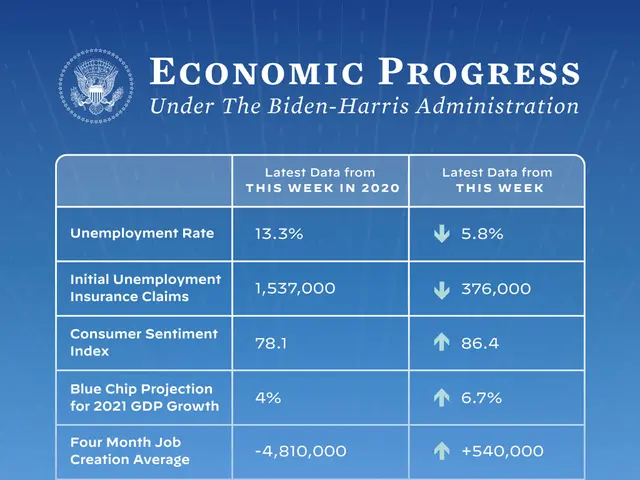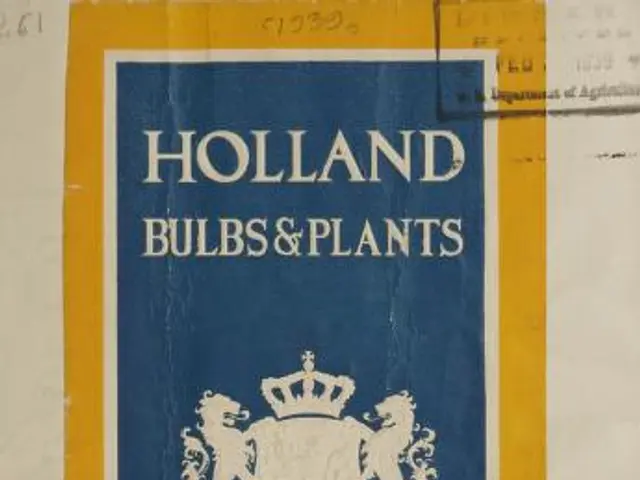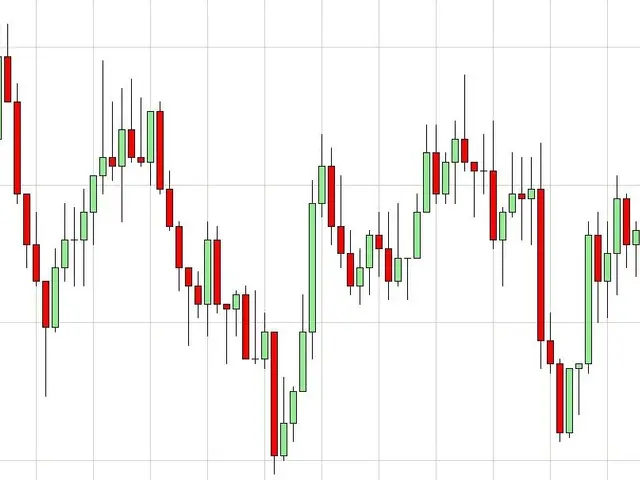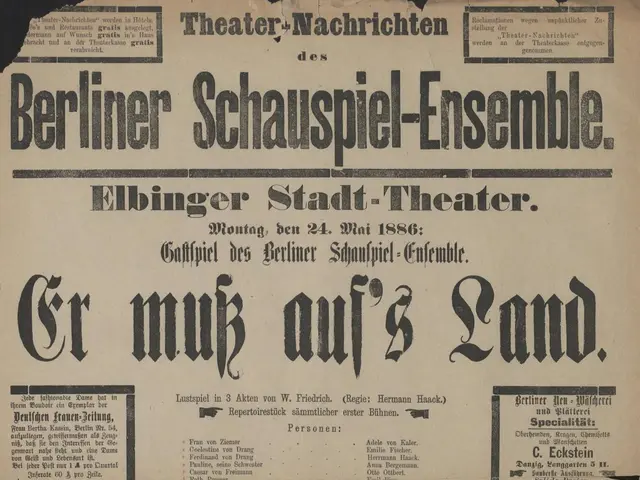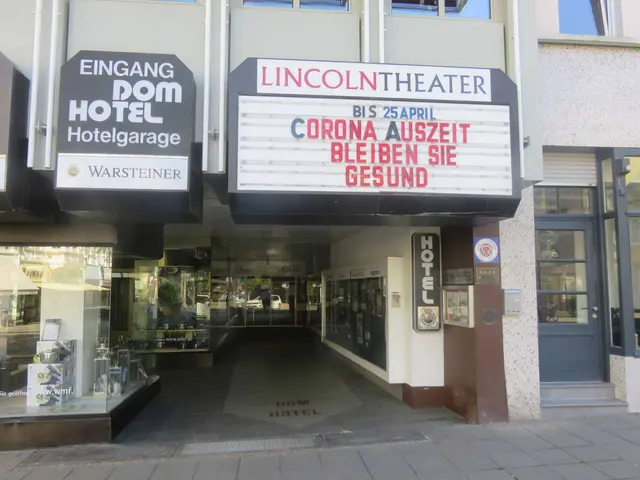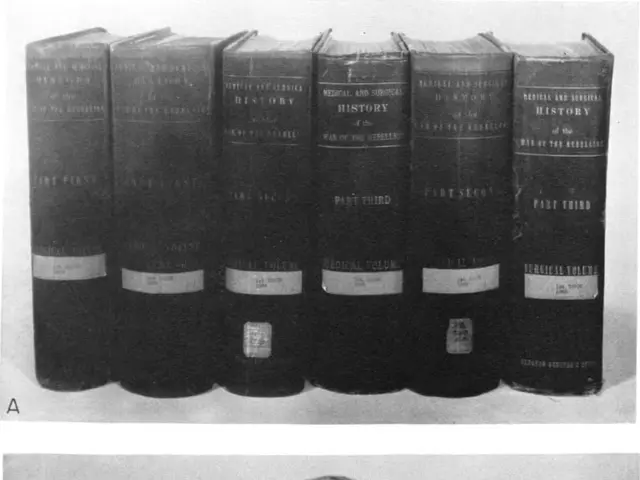Arms manufacturer Renk may evade weapon shipments halt to Israel
German Export Ban Affects German Armored Vehicle Manufacturer Renk
In a move aimed at curbing the escalating conflict in the Gaza Strip, Germany has indefinitely suspended weapon exports to Israel that could be used in the region, as announced by Chancellor Friedrich Merz in early August 2025 [1][3]. This decision comes in response to Israel’s expanded military offensive there.
One of the companies affected by this suspension is Renk, a German manufacturer known for producing armored vehicle engines and transmissions. Germany supplied Israel with armored vehicle engines between 2019 and 2023, equipment reportedly used in the conflict [1]. The embargo targets new exports, so existing Israeli forces continue using previously supplied German equipment, but new deliveries from companies like Renk are halted until further notice, directly affecting their contracts and deliveries related to Israeli defense products.
Alexander Sagel, the CEO of Renk, recently discussed a potential workaround for the ban in an interview with the Financial Times. Sagel mentioned the need for this capability not only in Gaza, but also at other borders. He stated that the company feels responsible for ensuring Israel maintains its deterrent capability [4]. However, the details about the specific weapons included in this ban have not been disclosed.
The controversy surrounding the export ban involves Renk, as the company is considering relocating the production of transmissions for Israeli tanks to the USA. This plan, part of a plan called "Plan B" by Renk, may be controversial, as it goes against the spirit of the export ban [2]. Sagel did not disclose the number of transmissions for Israel that Renk is considering supplying.
The relocation of production is a response to the German export ban on certain weapons to Israel. Renk's plan involves continuing to supply Israel with transmissions for tanks, despite the export ban [2]. The discussions about the plan were made public through the Financial Times interview.
This policy shift aligns with evolving international legal norms that restrict arms transfers to conflict zones with humanitarian concerns [2][4]. The controversy surrounding Renk's potential relocation of production highlights the complexities involved in balancing international law, humanitarian concerns, and national security interests.
[1] Financial Times
[2] Deutsche Welle
[3] Reuters
[4] Amnesty International

